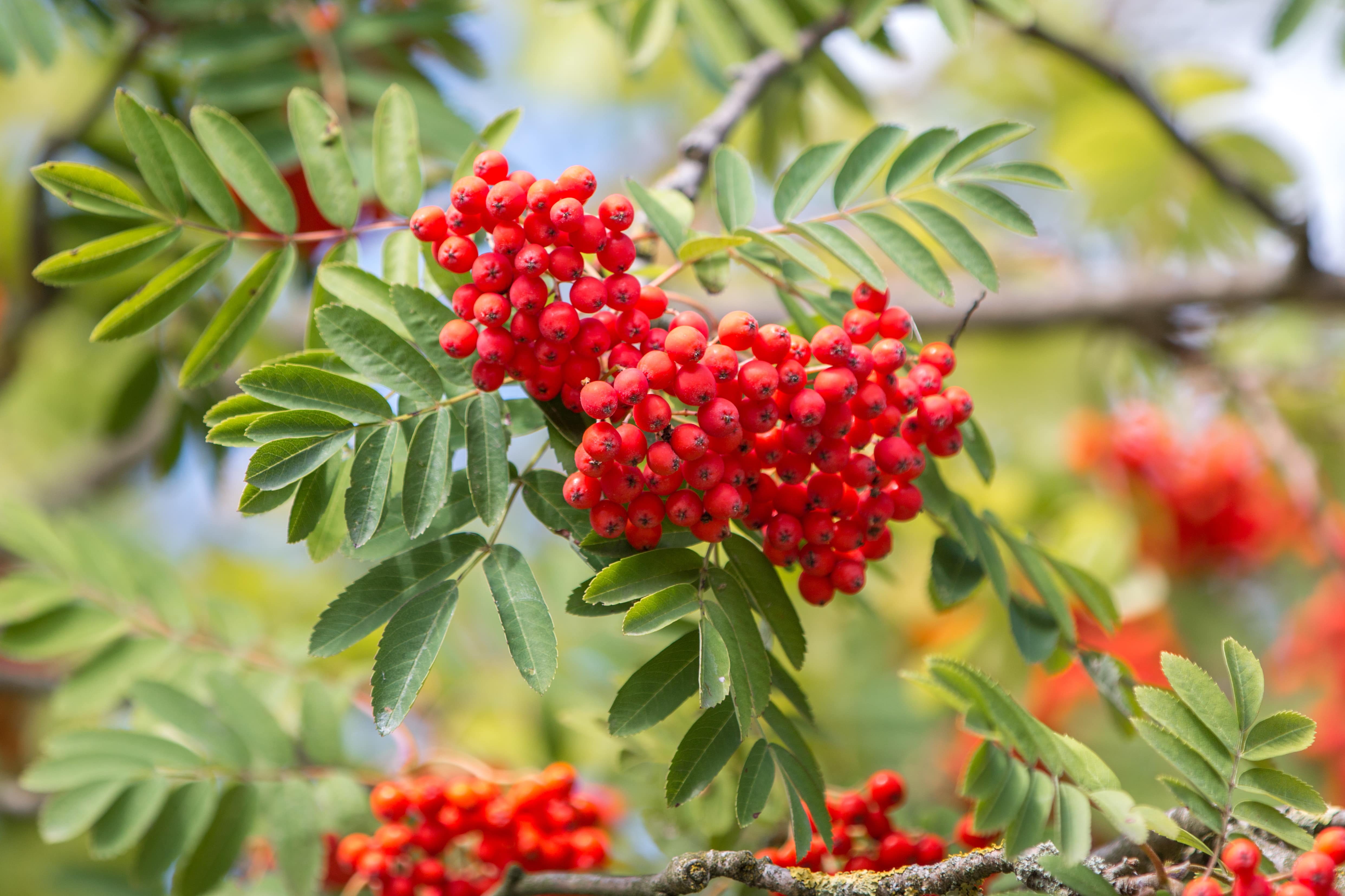Unveiling the Potential of Sweet Rowanberry and its Cultivars as Functional Foods
31 Lug 2023

A new study sheds light on the potential health and nutritional benefits of sweet rowanberry and its cultivars – opening a variety of promising applications in the food processing industry.
Despite the fruits of the rowan tree (Sorbus aucuparia L.) offering exceptional nutritional value, their use in foods is limited due to their bitter and astringent taste. To overcome this problem, sweet rowanberries originated from the crossbreeding of wild rowanberries with other fruit species, such as apples, medlars or black chokeberries. In contrast with wild rowanberries, the fruits of sweet rowanberry and its cultivars have a sweet mild taste.
Nowadays, sweet rowanberry cultivars represent a valuable source of fruits that can be grown in cold climates. They possess significant antioxidant activity, which is largely attributed to their rich content of polyphenols (a group of natural plant chemicals that include flavonoids and phenolic acids) and vitamins C and E. As a result, these less well-known fruits are attracting increasing interest as innovative food ingredients, functional foods and nutraceuticals.
However, due to the great diversity of sweet rowanberry cultivars, their phenolic profiles and levels of antioxidant activity remain to be fully determined.
Comprehensive analysis
In a new study, published in Antioxidants, researchers examined the overall polyphenolic and flavonoid content of seven Sorbus cultivars – as well as determining the levels of individual polyphenolic compounds.1
The highest total phenolic content of 8307.4 mg/kg was recorded in 'Granatina', largely due to its substantial phenolic acid content (7001.7 mg/kg) and total flavonoid content (1304.6 mg/kg). Flavanols were the most abundant group of flavonoids in Sorbus fruits; catechin was the second most frequent flavanol, with the highest content of this compound in 'Granatina' (633.67 mg/kg). Flavonols were represented by rutin and quercetin. By employing various assays, the researchers also demonstrated substantial antioxidant activity across all the cultivars – which correlated with the content of vitamin C, vitamin E, and individual phenolic compounds. For instance, ‘Businka’ had significant vitamin E content (4.77 mg/kg), and ‘Alaja Krupnaj’ contained high levels of vitamin C (7.89 mg/kg).
The team used purified water generated from an ELGA PURELAB® Classic laboratory water purification system for these analyses, minimising the risk of adding contaminants that may affect their results.
Promising ingredients
This study provides valuable new insights into the promising health and nutritional benefits associated with sweet rowanberry and its cultivars. The researchers evaluated the total polyphenolic and flavonoid content, as well as the levels of individual phenolic acids and flavonoids, and the antioxidant activity of seven sweet rowanberry cultivars. Their high polyphenolic content, including phenolic acids and flavonoids, contributes to their remarkable antioxidant properties.
These findings reinforce the potential role of sweet rowanberry and its cultivars in the food processing industry, promoting the development of innovative and nutritious food products. Incorporating these fruits into processed foods may enhance their nutritional profile and provide consumers with added health benefits.
Why choose ELGA LabWater
ELGA LabWater has been a trusted name in pure and ultrapure water since 1937. We believe in giving you choice in how you use our water purification solutions, supported by excellent service and support.
Reference:
- Orsavová J, Juríková T, Bednaříková R, Mlček J. Total Phenolic and Total Flavonoid Content, Individual Phenolic Compounds and Antioxidant Activity in Sweet Rowanberry Cultivars. Antioxidants (Basel). 2023 Apr 12;12(4):913. doi: 10.3390/antiox12040913.
Dr Alison Halliday
After completing an undergraduate degree in Biochemistry & Genetics at Sheffield University, Alison was awarded a PhD in Human Molecular Genetics at the University of Newcastle. She carried out five years as a Senior Postdoctoral Research Fellow at UCL, investigating the genes involved in childhood obesity syndrome. Moving into science communications, she spent ten years at Cancer Research UK engaging the public about the charity’s work. She now specialises in writing about research across the life sciences, medicine and health.
